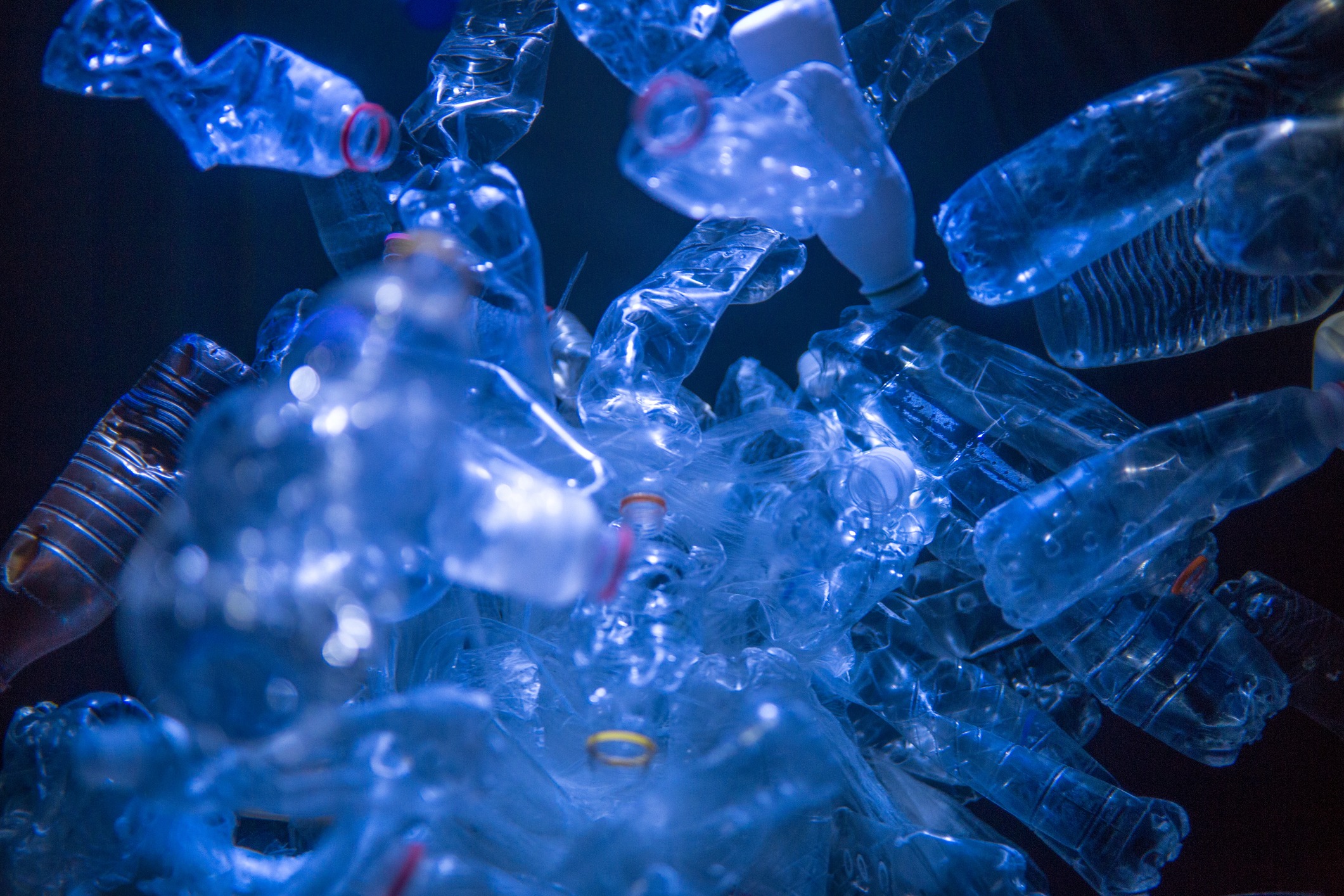
Plastic waste is too big to ignore and too difficult to solve alone. Writing with Keefe Harrison, CEO of The Recycling Partnership, SYSTEMIQ partner Ben Dixon explains how Plastic IQ will allow companies to analyze and prioritize actions to improve their plastic packaging strategy.
The challenge of plastic waste is too big to ignore and too difficult to solve alone. Good work to collectively reduce the use of virgin plastic and build recycling solutions for more types of plastics is underway. In the United States, companies are uniting behind common measurable goals via initiatives such as the US Plastics Pact. There is also increasing corporate support for transformative actions such as new regulatory policies and pre-competitive coalitions, is growing. But these efforts fall short of science-based targets, with current commitments only reducing ocean plastic pollution by 7%.
With SYSTEMIQ’s publication (in partnership with The Pew Charitable Trusts) of Breaking the Plastic Wave, a science-based global roadmap show how industry and government can work together to cut plastic pollution by 80% and clarifies the systemic changes required to reach circularity. Simultaneously, The Recycling Partnership is coordinating a groundswell of collaborative industry action across the US for companies taking joint steps towards plastic circular solutions. What’s been missing to date, however, has been a simple way for decision makers within companies to understand the economic and environmental implications of solutions in order to prioritize among different options.
That is why together we are developing a new tool: Plastic IQ. Made possible by a grant from Walmart, Plastic IQ is a digital resource that will enable companies to analyze and prioritize actions to improve their plastic packaging strategy. Users will be able to apply a full range of solution levers including reduction, reuse, substitution, re-design, material choice and investment in system change initiatives, to see how their packaging decisions add up to big impacts. This tool will not only help companies with their own specific decisions, but because it will be free and available to all, it will also allow for an industry-wide shift in how products are designed and produced.
Plastic IQ will draw on the extensive insights and modelling experience from both The Recycling Partnership’s Pathway to Circularity and community recycling programs and SYSTEMIQ’s recent Breaking the Plastic Wave report, and be designed to be compatible with other tools and initiatives. The tool will generate a company-specific dashboard with key economic and environmental indicators to inform plastic packaging strategies. It will serve as a solution database to guide action by providing companies information on which solutions apply, their enabling conditions, and limiting factors as well as how companies can implement them. The tool is in testing now and we aim to make it publicly available for any US company, for free, in Spring 2021.
Despite the huge increase in attention on plastics, many industry players do not have an effective methodology to evaluate different solutions and understand the implications on their business and the environment. In this vacuum, we see a proliferation of well-intended actions and decisions with the potential to distract, stall progress, and in some cases even lead to unintended negative environmental consequences. Plastic IQ has the power to change that.
Thank you to Walmart.org for supporting this ground-breaking work. Thank you also for guidance of the Ellen MacArthur Foundation and to the companies serving as advisors and testing the Plastic IQ tool: Amy’s Kitchen, Happy Family Organics, Mattel, Nestlé, PepsiCo, Procter & Gamble, Unilever, and Walmart. If you would like to learn more or engage, please contact SYSTEMIQ’s Julia Koskella.

